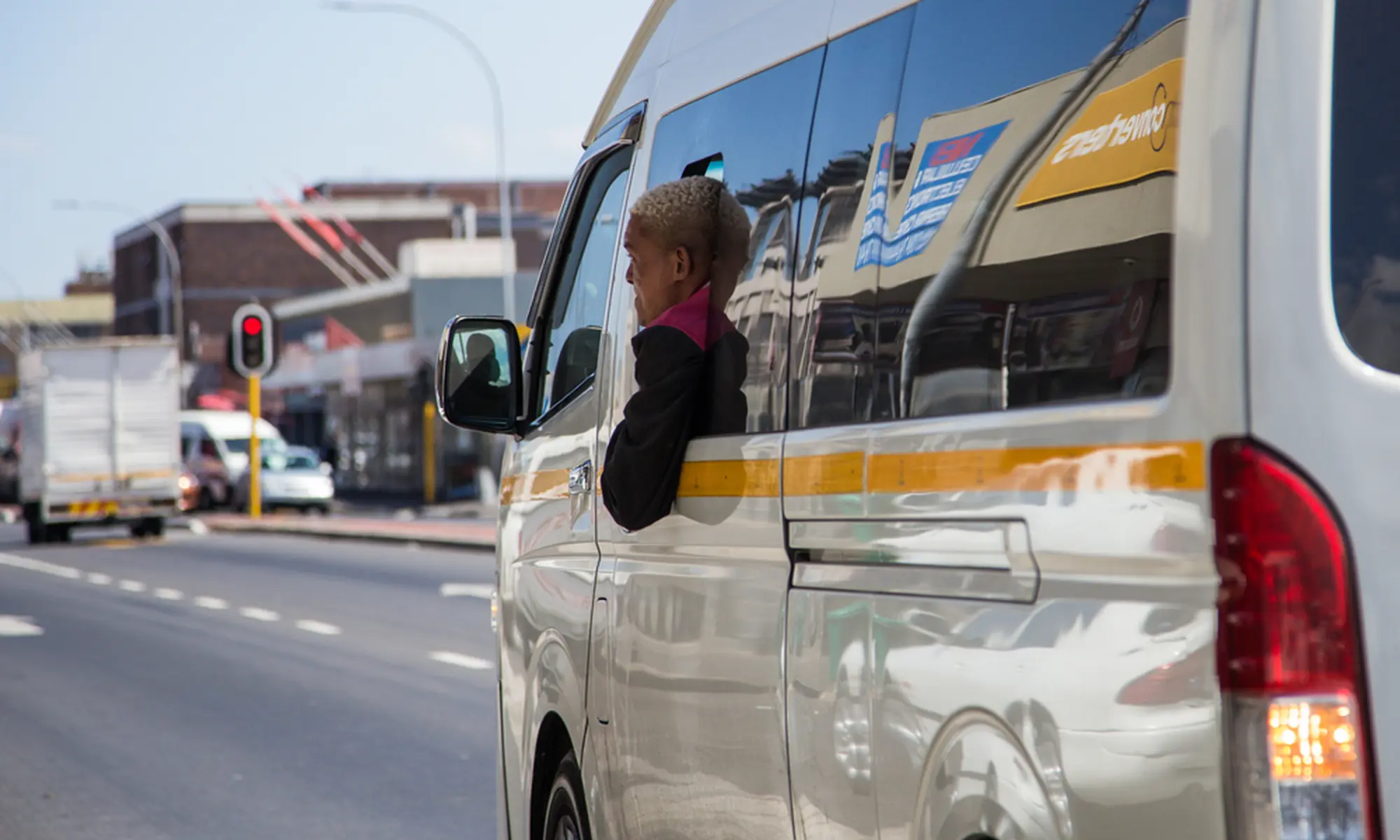Financial education can help women overcome their burdens
Values & Money , Empowerment , WomenWhen Heartlines values and money facilitator, Portia Ravhutulu, got her first job as a domestic worker, she immediately felt the burden of being employed while coming from a poor home. Even though her salary was small, she had to assume financial responsibilities in her home.
When Portia was a child, her mother migrated to Johannesburg to work as a domestic worker and she was raised by an unemployed aunt. It was inevitable that when she started working, the family would look to her for money.
“My view of money growing up was not good because it was scarce, I didn’t get pocket money and my siblings and I only got new clothes once a year – at Christmas,” she says. “When I started working I had to take care of my young brother’s financial needs but I had to be honest with my family because I was not earning much and they had expectations,” she says.
Portia believes women inherit a lot of financial burdens and that learning to become financially independent is key to overcoming one’s challenges.
Portia was part of the 5-week values and money radio series, sharing her knowledge on Umhlobo Wenene radio station in isiXhosa. The women who called into her show often raised concerns about struggling to save because of their burdens.
“There are a lot of single moms in South Africa, statistically, and the numbers are rising. Women have to ensure that their children are well taken care of and many are taking men to court to receive child maintenance., They not only have to take care of their children’s mental, physical and emotional needs, but also their own needs and the needs of their larger families,” she says.
“In addition to the struggle to survive, young women are in competition with one another over material belongings, they are not honest with themselves and the situation they are in, they look at their peers and what they are doing or driving and feel the need to be on the same level, even though everyone is unique and has different goals,” she adds.
“If we can change the mind-set that you require a lot of money to save, the struggles women face can be minimised. Women are forced to be savvy with their money because of the many responsibilities they carry, and often earn enough to make ends meet, but saving should be seen as a part of fulfilling one’s greater needs.”
Heartlines’ drive to teach money values in high schools is one that Portia believes provides a valuable intervention at a young age.
“Women need to be reached from a young age so that by the time they begin to have financial responsibilities, they are equipped to make good decisions. For many, the responsibilities begin at tertiary level when they receive the National Student Financial Aid Scheme (NSFAS) allowance. This allowance, which is meant to be used for buying text books, accommodation and food, is often misused on fashionable clothing and hair. Having a clothing account can be a trap that many struggle to get out of and by the time they graduate, they are already blacklisted,” she adds.
Portia has a 20 year-old daughter in university and says she’s teaching her that happiness does not come from having money, instead she must prioritise her education. “Even though she likes taking selfies, she doesn’t spend money on expensive hair, and maintains it herself, she’s fashionable but does not buy clothes from expensive stores,” she says.
Portia also says her daughter does not succumb to peer pressure and prefers to stay at home rather than go out and waste money with her friends.
“I wanted my daughter to learn that money is not a master, it’s a tool to make your life better and to secure your future. To young women, I advise that you know who you are and know your worth. Be honest with yourself so that you can manage your finances, plan for your life so that when you do receive money you can channel it into the right places. You can overcome your financial burdens if you spend wisely and have a clear vision of your future.”
Featured






